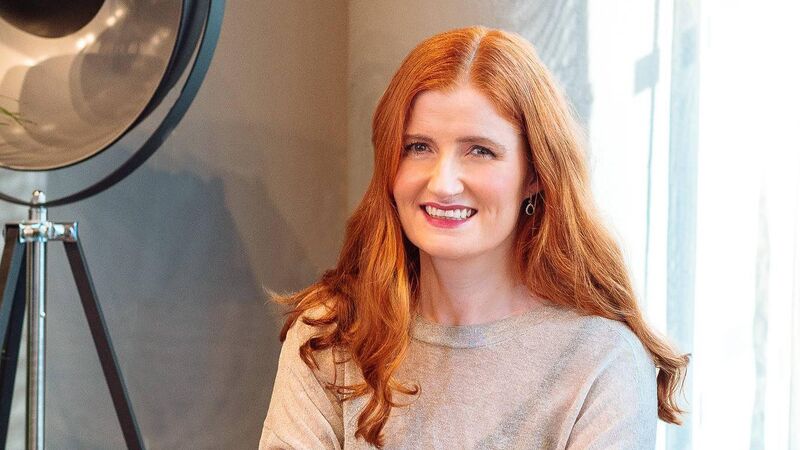How my mother's cancer diagnosis changed my teenage years and adulthood

Joanna Fortune for Feelgood only
FOR psychotherapist Joanna Fortune and her sister – a public health nurse who’s soon to be married – the name has stuck: it’s still the Bad News Café, the place where Joanna as a 16-year-old broke the news to her sister, younger by 12 years, that their mum had breast cancer. “It was a café we’d never go to. It wasn’t particularly nice. I decided to go there because I didn’t want to spoil any place we liked with bad news,” says Joanna.
Altogether, she and her sister made three trips to the Bad News Café – their mother’s breast cancer recurred, and 27 years on she’s still fighting, winning against and living with the disease. But that bombshell diagnosis when Joanna was just midway through her teens primed her to take on early emotional responsibility and independence. “My mother might say I was always very independent and assertive. But it amplified. I became very self-sufficient. It probably comes out still, as in ‘I’ll do it, I’ll do it’.”








